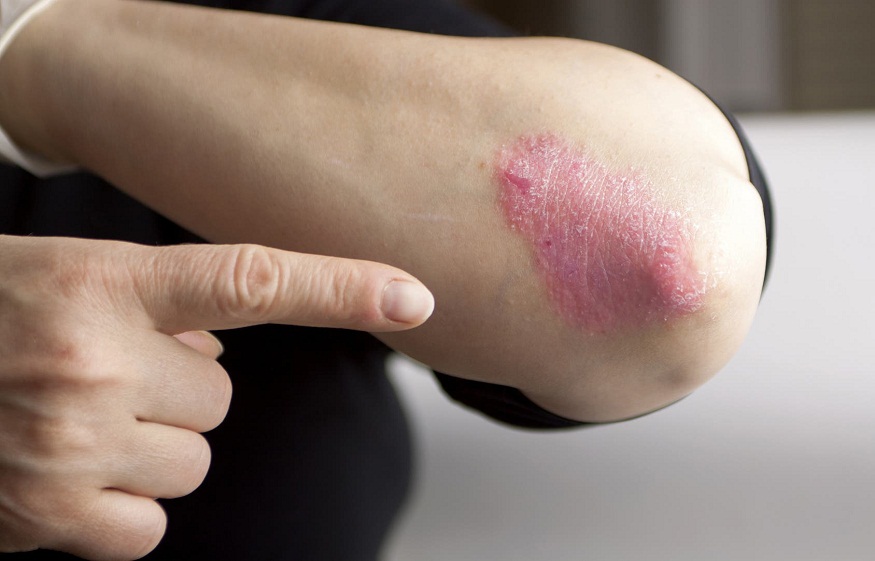Apart from medication and topical treatments, there are other lifestyle changes you can adopt to manage psoriasis. As much as the treatment works in keeping the symptoms on the low, the treatment will work best if complemented by safe practices. Besides helping you manage psoriasis, self-care practices have health benefits and make you feel better about yourself. Here are the lifestyle practices you can adopt to ensure you are your first line of defense in managing psoriasis symptoms.
Body hygiene
Not only does body hygiene help manage psoriasis, but it also helps keep various diseases associated with poor hygiene at bay. Taking a daily bath with warm water can help soothe your skin against the itchy patches of psoriasis. Ensure you take a bath daily and twice, if possible. Add some Epsom salts, colloidal oatmeal, and bath oil into the bathing water to help remove the scales. Also, use warm water and soaps with added oils and fats to calm and soothe the inflamed skin.
Moisturize your skin
Immediately after taking a bath, wipe off your skin by gentle pats with a towel. When the skin is still moist, apply massive amounts of ointment-based moisturizer. If you have intensely dry skin, it is best to use oils since ointments and lotions tend to dry out more quickly. If moisturizer seems to be working on your skin, apply it more frequently during the day.
Soak the affected areas overnight.
For the skin’s affected patches, cover them with moisturizer before you go to bed and wrap with a plastic paper bag to retain the moisture. As you wake up in the morning, the scales will have softened up, and you can remove and wash them.
Apply clinically tested cream or ointment
Creams or ointments containing salicylic acid or hydrocortisone can help reduce the itchiness and scaling associated with psoriasis. If you suffer from scalp psoriasis, use medicated shampoo or other treatments the doctor may recommend. Ensure any medical treatment you use is doctor-recommended or clinically tested for harmful ingredients.
Keep psoriasis risk factors at bay.
There are risk factors that trigger psoriasis flare-ups such as injuries to your skin, infections, smoking, alcohol, certain medications, an abrupt stop of the use of steroidal applications, low immunity, etc. Ensure you avoid such triggers at all costs to prevent worsening the psoriasis symptoms.
Exposure to limited amounts of sunlight
Natural sunlight is beneficial to the body in so many ways. People who have psoriasis have been found to benefit from limited exposure to natural sunlight every day. Note that high amounts of sunlight can negatively impact your skin and cause more flare-ups, so be careful. It is good to ask your doctor about the time limit you will expose yourself. Also, apply sunscreen on the skin areas not affected by psoriasis to protect them from sunlight.
Quit smoking and alcohol
Smoking, secondhand smoke, and taking alcohol are some of the trigger factors that cause psoriasis. It is best if you quit all of them. If you cannot, talk with your doctor about the first step to quit alcohol and smoking.
Maintain a healthy lifestyle
Being active, exercising, and eating a healthy diet is also essential in managing psoriasis symptoms. Keep obesity at bay and stay active.
The bottom line
Adopting the lifestyle practices mentioned above can play a significant role in helping you manage psoriasis.




